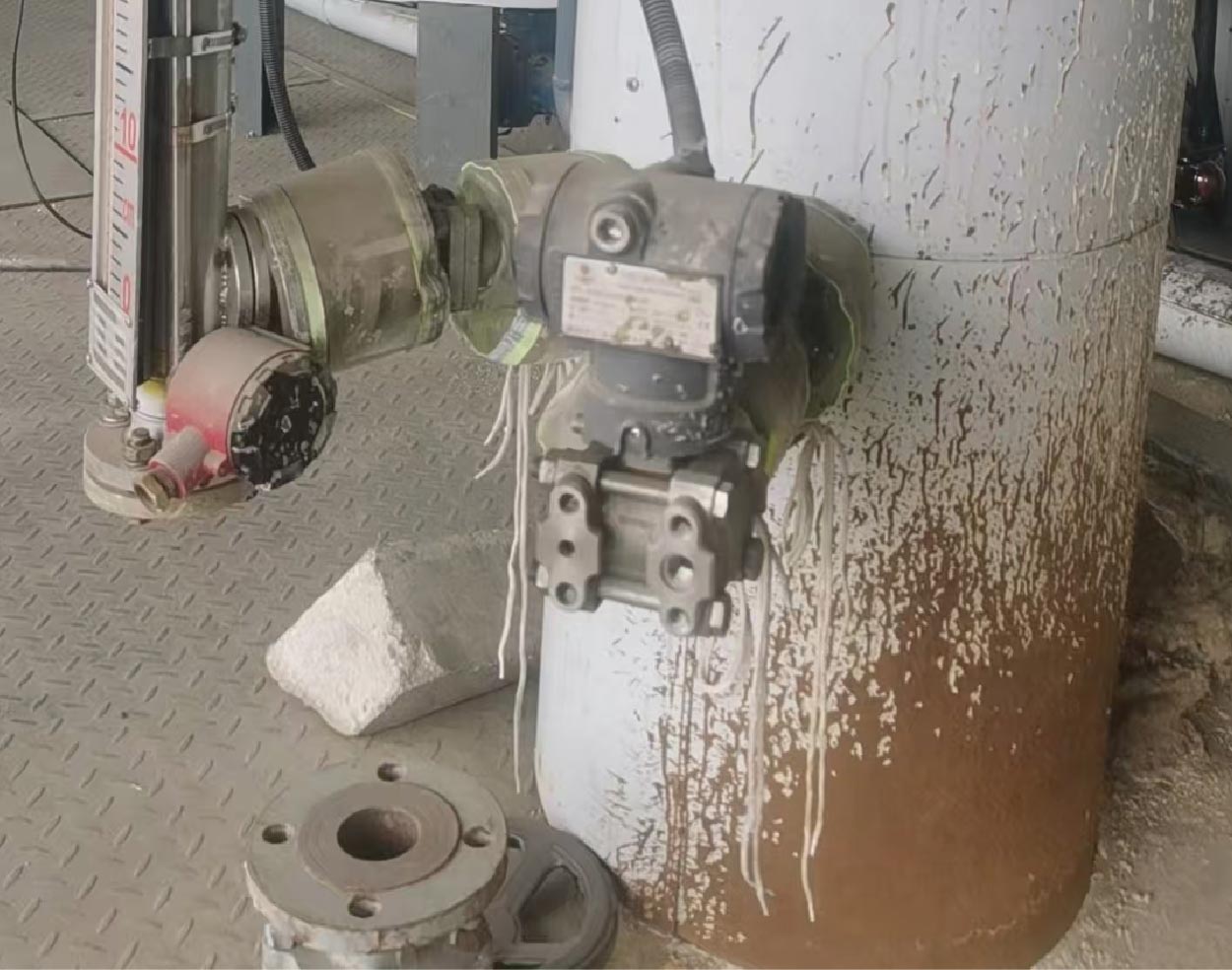In the complex operations of the chemical industry, pressure transmitters are like indispensable "pressure stewards", precisely controlling the pressure changes in the production process and ensuring safe production and efficient operation.

Chemical production often involves various chemical reactions, and the pressure in the reaction kettle needs to be strictly regulated. Take ammonia synthesis as an example. The reaction pressure usually ranges from 15 to 30 MPa. A slight deviation in pressure may affect the reaction rate and product purity, and even cause safety accidents. High-precision pressure transmitters are installed on the reaction kettle, which can perceive subtle changes in pressure in real time and quickly transmit the signals to the control system. Once the pressure exceeds the preset range, the system immediately activates the regulating device. By adjusting the flow rate of reactants, the flow rate of cooling medium, etc., the pressure is brought back to the normal range, ensuring the stable progress of the ammonia synthesis reaction and guaranteeing product quality and production safety.
The storage of chemical products also cannot do without pressure transmitters. When large storage tanks store flammable, explosive or corrosive chemical raw materials, the pressure in the tank is affected by factors such as ambient temperature and material volatilization. For example, in the storage of liquefied petroleum gas tanks, the pressure in the tank will increase due to gas expansion in summer. The pressure transmitter continuously monitors the pressure in the tank. When the pressure approaches the safety upper limit, the ventilation and heat dissipation or spray cooling system is automatically activated to prevent the tank from bursting and material leakage due to excessive pressure, safeguarding the safety of the storage area and avoiding environmental pollution and major safety hazards.
Pipeline transportation, as an important means of chemical product transportation, is constantly ensured to be smooth by pressure transmitters. During the long-distance transportation of chemical pipelines, the pressure will fluctuate due to factors such as friction and height difference. In the transportation of oil pipelines, the pressure transmitters installed along the line monitor the pressure in real time. If the pressure in a certain section drops abnormally, it may mean pipeline leakage or blockage. The control system quickly locates the problem point based on the feedback from the transmitter and takes timely repair or blockage removal measures to ensure the smooth transportation of oil, reduce the economic losses caused by transportation interruption, and maintain the stable operation of the chemical industry chain.


